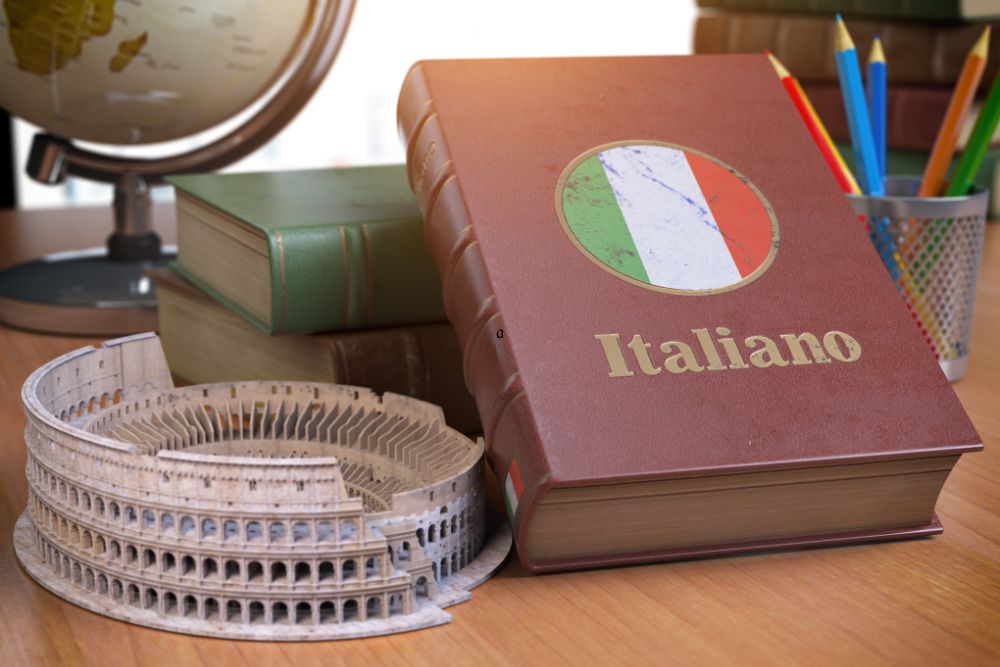Embarking on the learning of a new language is always an exciting adventure, and Italian, with its rich history and unique melody, proves to be a fascinating choice for many. This article aims to be a comprehensive and accessible overview for those starting this exciting journey towards mastery of the Italian language.
Fundamentals: Alphabet and Pronunciation
The first step in learning Italian is to familiarize yourself with the alphabet. Comprising 21 letters, it shares many similarities with English, but with distinctly different pronunciations. Focusing on specific sounds like “c” before “e” and “i”, and “g” before “e” and “i” is essential. Accurate pronunciation from the beginning helps to establish a solid foundation for effective communication.
Basic Vocabulary and Common Phrases
The next step is acquiring a fundamental vocabulary. Greetings like “Buongiorno” and “Buonasera”, along with useful phrases like “Come stai?” and “Mi chiamo…”, are indispensable. Learning these basic expressions allows you to start building the confidence needed for initial conversations.
READ ALSO: How long does it take to learn Italian
Grammar: The Core of Learning
Grammar is the backbone of the language. Two crucial elements are the gender of nouns and the conjugation of verbs. Beginners should start with the conjugation of regular verbs in the main tenses, gradually expanding their repertoire to more common irregular verbs.
Test your level of Italian
Listening and Conversation: Practice to Perfect
Active listening and participating in conversations, even simple ones, are fundamental. Exposure to native speakers, through movies, TV shows, or dialogues, helps to better understand the intonation and rhythm of the language. Constant practice is crucial for developing fluency and the ability to respond spontaneously.
Cultural Immersion: Beyond Language
Immersion in Italian culture is a powerful accelerator of learning. Movies, music, and literature not only improve understanding and listening but also enrich vocabulary and provide context to idiomatic expressions and cultural nuances.
Memorization Strategies and Learning Resources
To effectively memorize new vocabulary and grammatical rules, tools like flashcards, language learning apps, and daily practice are useful. Online resources such as podcasts, video tutorials, and language courses can also offer complementary and flexible support.
READ ALSO: Evening Italian courses: Learn the language with flexibility and quality
Overcoming Challenges and Maintaining Motivation
Facing challenges, such as understanding complex grammar or mastering correct pronunciation, is crucial. Keeping motivation high, through clear goals and celebrating progress, helps to stay focused and engaged in the learning journey.
Learning Italian is a journey that never really ends. Each stage of learning opens new doors and offers opportunities to deepen knowledge of the language and culture. With dedication and practice, even a beginner can reach a level of competence that allows them to fully enjoy the beauty and richness of the Italian language.







